“We need nature everywhere”
Our inaugural gift guide, French bears, a Canadian tidal marsh and a new book from Brazil.
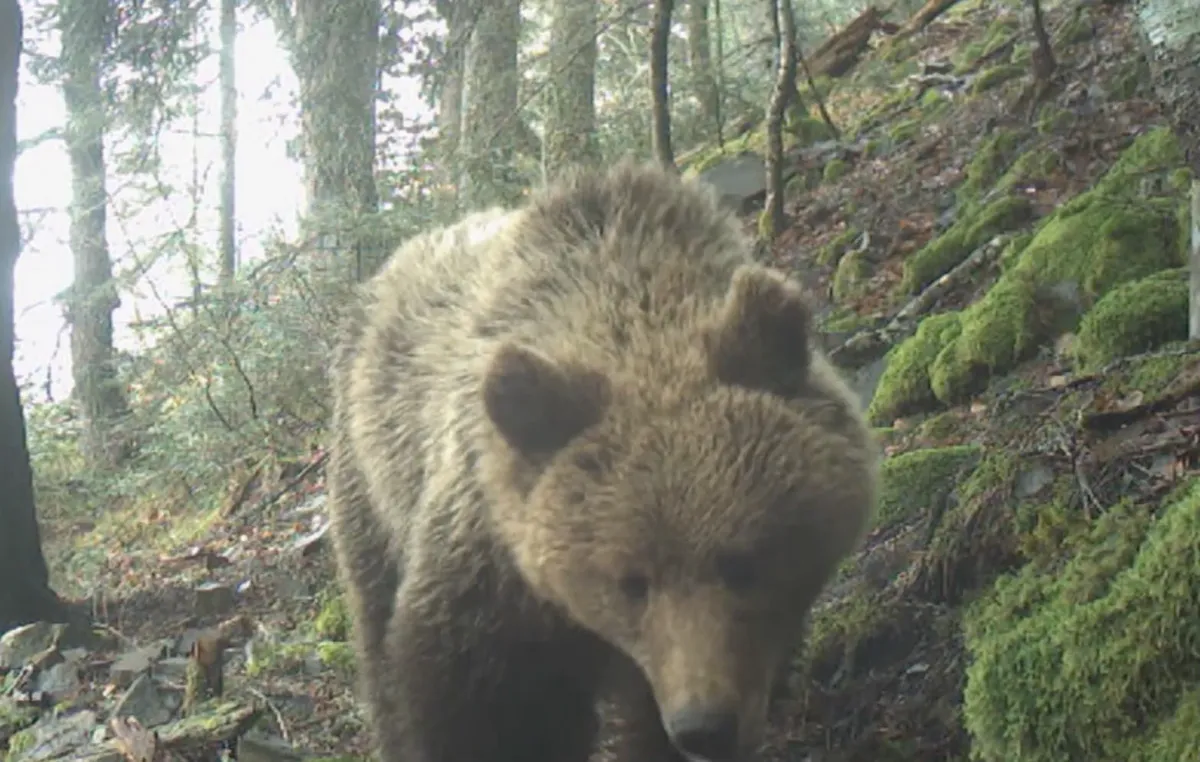
There’s no shortage of ways to pitch in
While rewilding – and this newsletter – is usually all about giving back to the Earth, sometimes it’s nice to give to the people in our lives as well. Even nicer, of course, is doing both at the same time.
Since it’s the season of giving for all number of reasons, we’ve rounded up a few rewilding-themed gifts that are delightful to receive and also help continue the cause we all believe in. (Some may not be available in all regions – sorry.) And if you’re considering making donations in the name of loved ones this year, we encourage you to look through our archives for organizations across the globe like these that may not be as high profile as others, but are just as worthy.
Now, on to Rewilding Magazine’s Inaugural Gift Guide!
A cheeky, toothy beach towel
From England’s Knepp estate (home of rewilding icon Isabella Tree) comes the adorable Viva La Beaver beach towel designed by London-based artist Lia Brazier. Depicting the buck-toothed rodents frolicking with fish underwater, this reversible cotton towel (£25) is meant to “celebrate the return of beavers to the British landscape.” Purchases help fund the Knepp Wildland Project.
A piece of land for rewilding
Real estate prices are a beast these days – but you can still give the gift of land. Sort of. In Canada, you can sponsor a metre of hedgerow at Topsy Farms, starting at $50 CAD, to help them increase habitat and biodiversity. (You can’t visit the hedgerow you’ve sponsored, but you can visit the farm.) And across the pond, Heal, a registered charity, “is committed to becoming the UK’s first national rewilding landowner.” You can help by sponsoring a 3-by-3-metre-square plot, randomly selected, in someone’s name, starting at £20. The fun part is that your lucky recipient can later go and visit the land to see how it’s being rewilded.
A set of all-occasion greeting cards
Canada’s David Suzuki Foundation is a champion of the environment and the arts (as evidenced by its Rewilding Arts Prize, of which we were a proud partner). That tradition continues with the Interdependence set of cards by Quebec illustrator Ambre Giovanni. The patchwork-style designs of four Canadian animals are meant to show “the web of interconnections that binds all beings to each other.” Available in three pack sizes, starting at $29 CAD for eight.
A green shampoo solution for people and pooches
Faith in Nature makes plastic-free shampoo bars for humans and dogs (to be clear: these are two separate products), along with myriad other eco-friendly personal and household cleaning products. Every order provides a sapling to TreeSisters, a tree-planting charity that takes things a step further by incorporating women’s empowerment into their mission while working on projects such as restoring lemur habitat in Madagascar. Human shampoo bars start at £7 pounds for 85 grams.
A read for every book lover
Finally, we have a plethora of books to recommend, coming to your inbox in a couple of weeks. You’ll find practical guides such as Lawns into Meadows: Growing a Regenerative Landscape, personal stories including Soil: The Story of a Black Mother’s Garden and more serious reads such as The Persuaders: At the Front Lines of the Fight for Hearts, Minds and Democracy. As always, we urge you to support your local bookseller if any titles catch your eye.
And for some immediate reading … elsewhere in this issue you’ll find articles about a B.C. tidal marsh and bears in the French Pyrenees, a Q&A with author Emma Marris (Wild Souls) and lots more.
Stay wild,
Domini Clark and Kat Tancock, editors
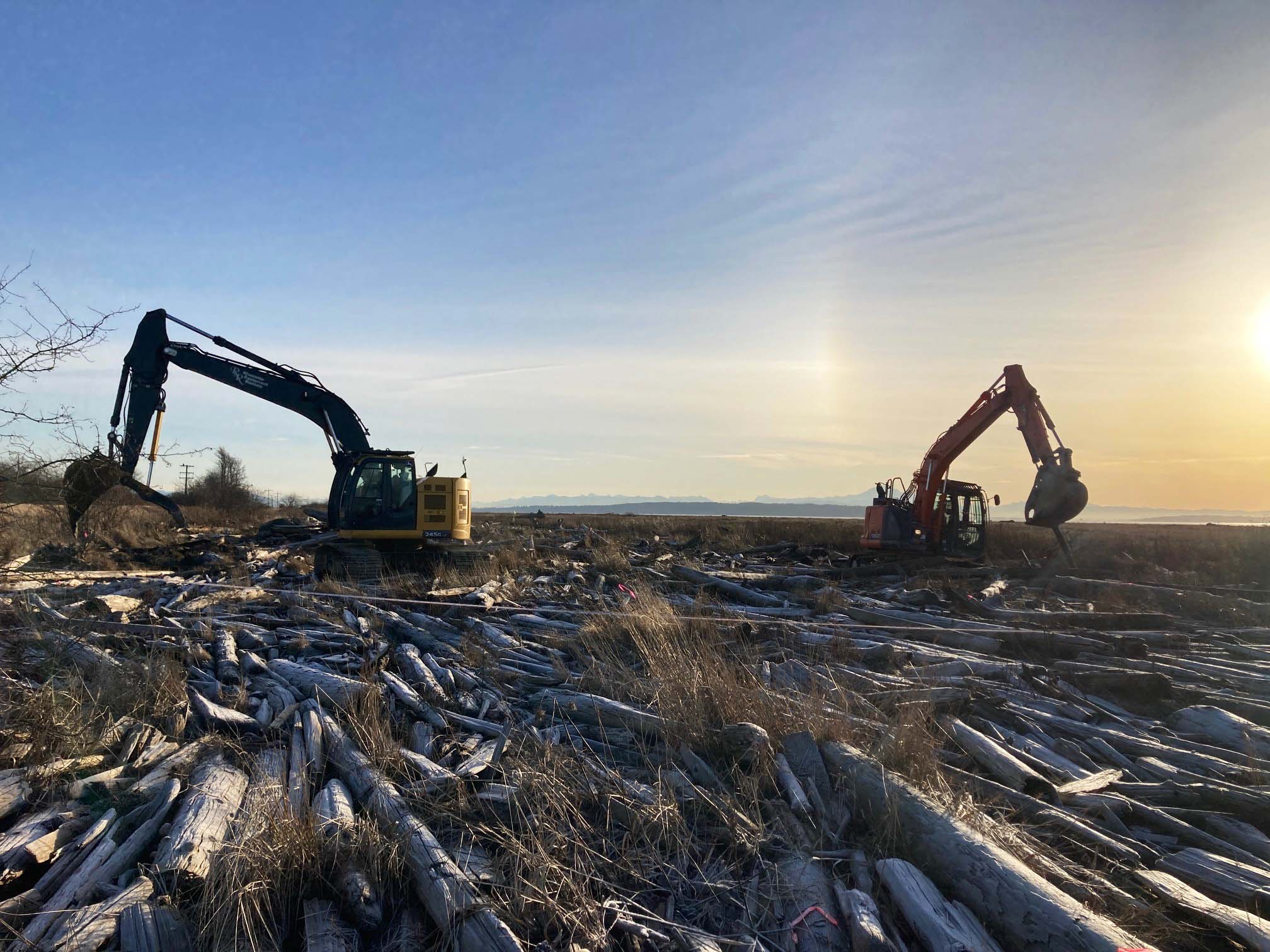
This tidal marsh was dying. A new restoration project is reversing the trend
In Boundary Bay, British Columbia, removal of logs and debris is giving native flora and fauna a helping hand.
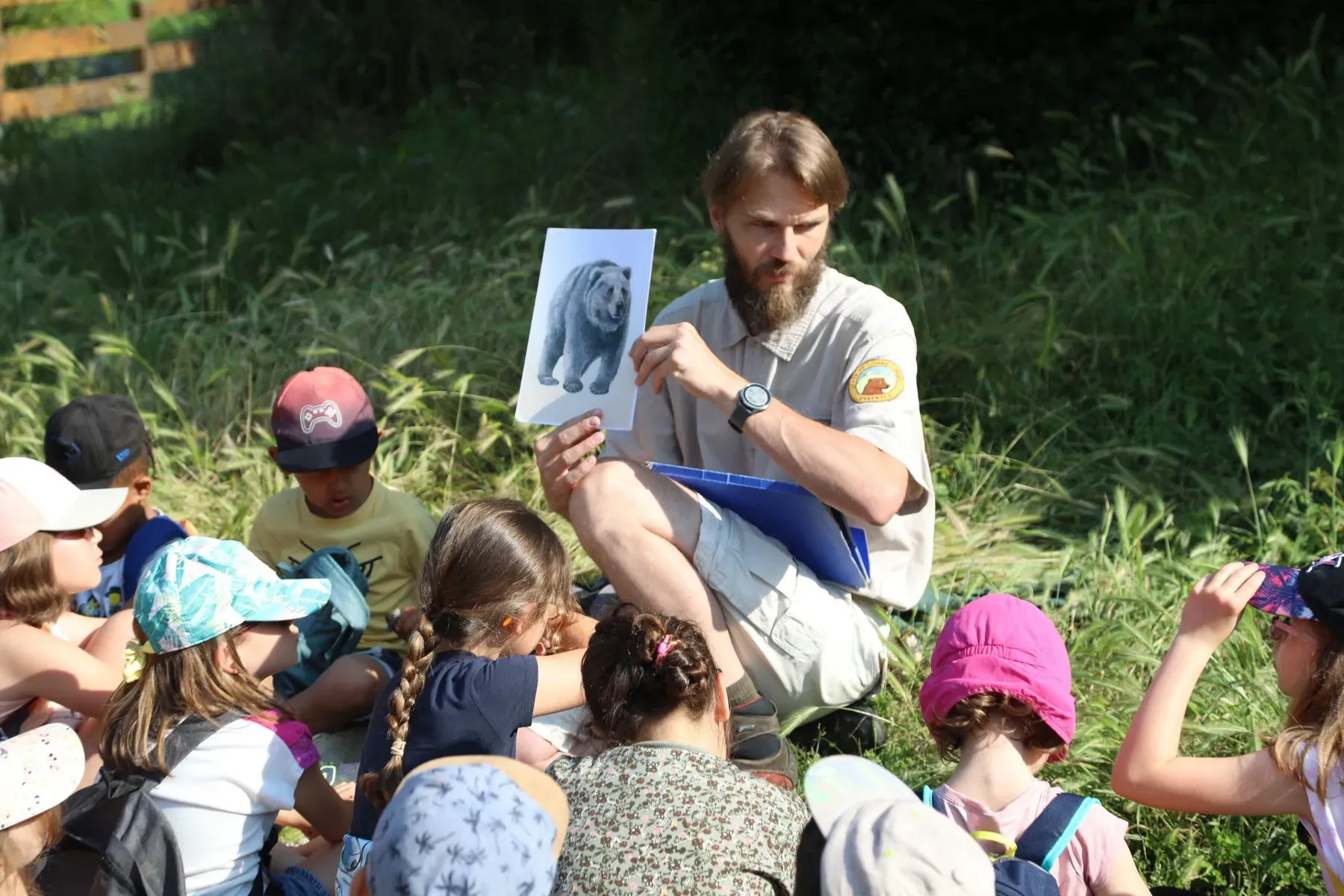
How France brought brown bears back to the Pyrenees
Thanks to biological monitoring and community outreach, the once nearly extinct bruins are again ambling through the mountains.
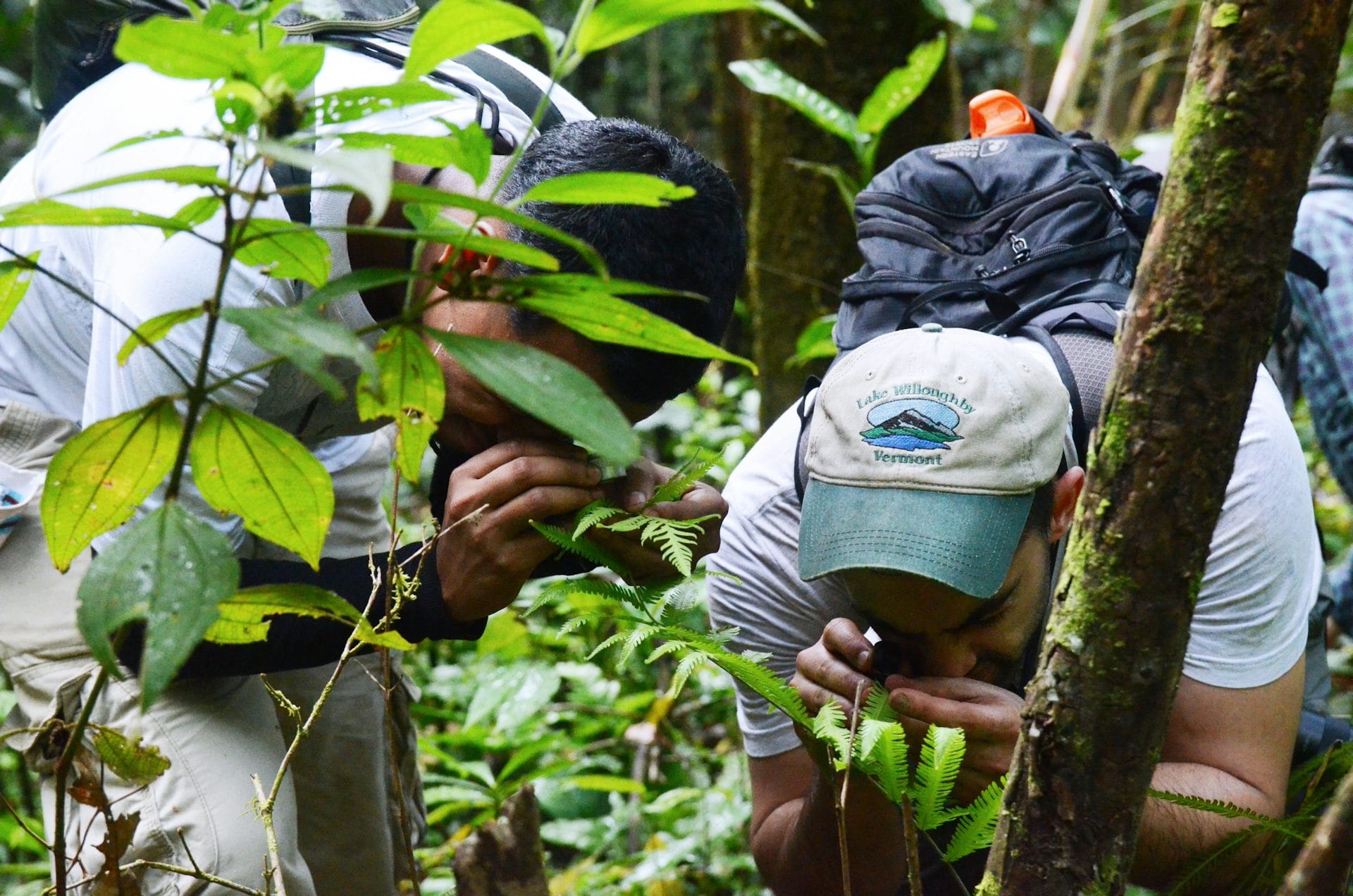
Why botanizing can make our lives better
Plants are essential to life on this planet, yet they often recede into the background. Here's how – and why – to get to know them better.
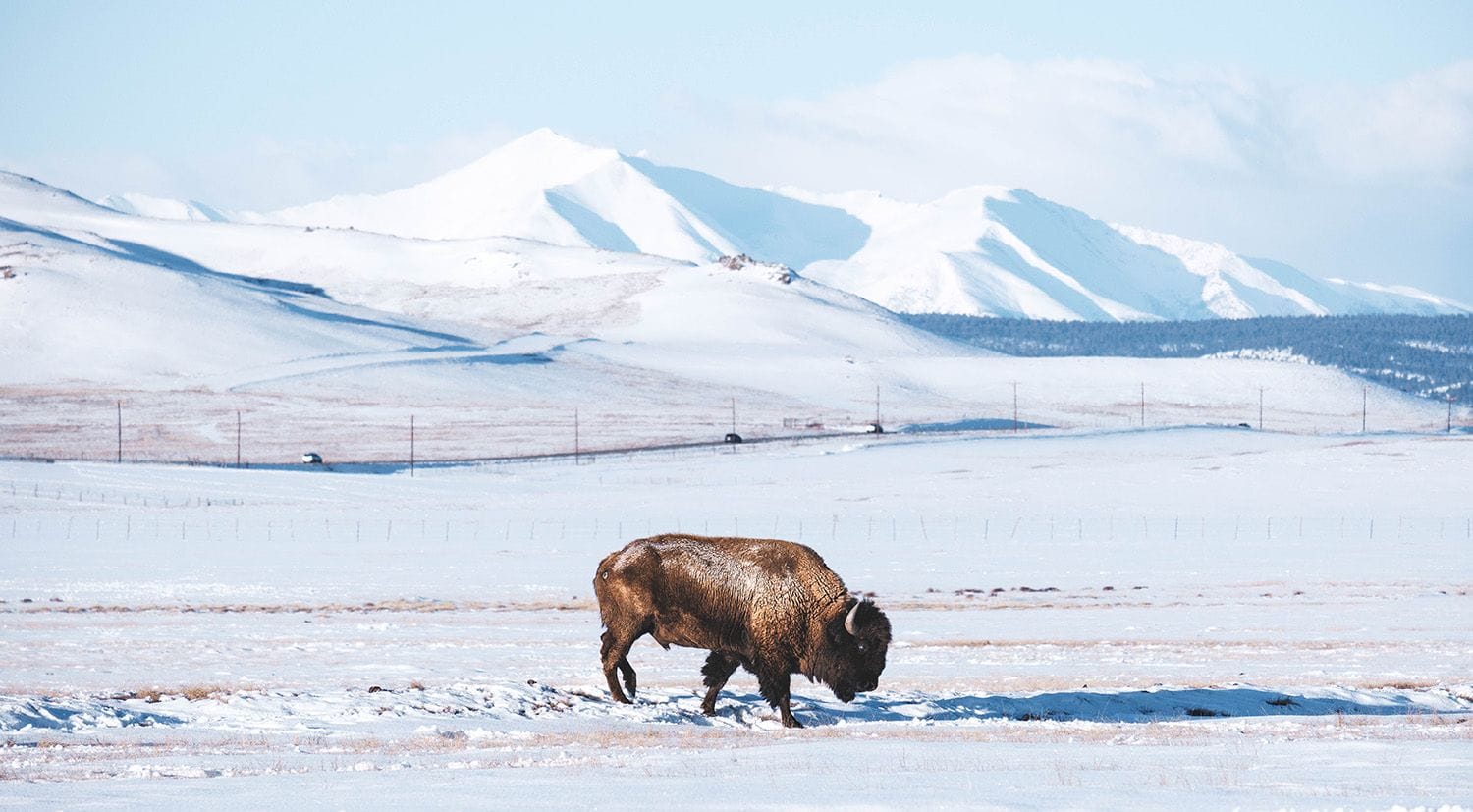
Q&A with Emma Marris: “I’m really ready to leave this wilderness worshipping behind”
The author of Wild Souls shares her thoughts on what we owe our non-human neighbours on this planet, what rewilding really means and why everyone needs to become a bit of an activist.
“The climate crisis cannot be confronted using the same mode of thought that generated it. The future depends on our ability to radically transform the way our species relates to itself and to what it calls nature.”
– Eliane Brum, Banzeiro Òkòtó: The Amazon as the Center of the World
Recommended reads
Farms and food production come up repeatedly in any discussion of the causes of the climate and biodiversity crises. But everyone needs to eat – so how do we balance competing land needs?
While some advocate for setting aside huge amounts of land entirely for non-human use – and there’s definitely value in that – it's not always the best (or only) solution. We also need to revamp farming practices in a way that honours and integrates nature and wildlife, writes James Rebanks in his book Pastoral Song.
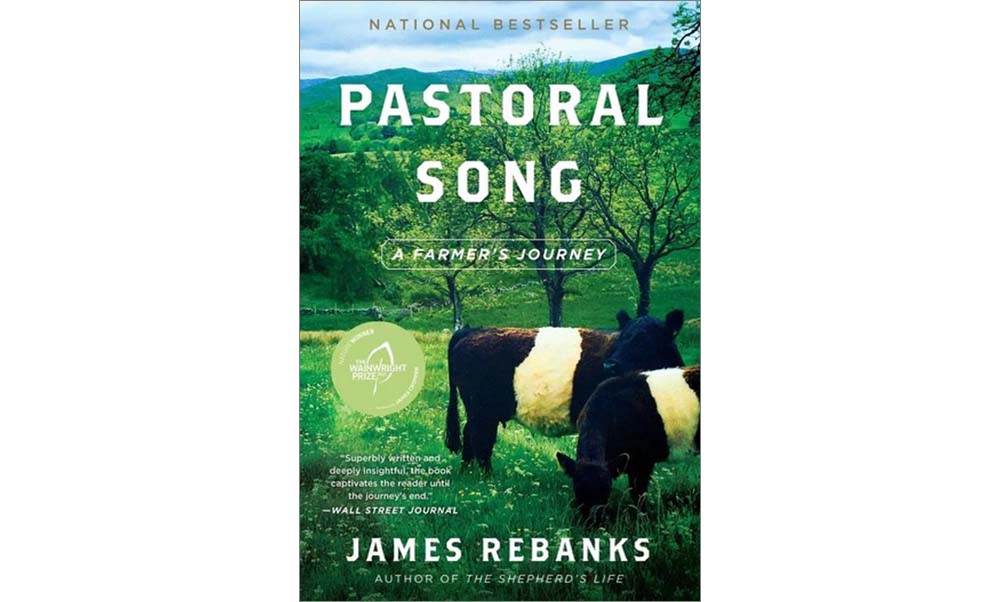
Rebanks himself is an English farmer from a line of English farmers, and he has witnessed the industrialization of his trade (or is it a craft?) in past decades and the destruction that process has wrought. He has also gone on a journey, as he describes in his book, to repair that damage and to work with ecologists to keep his farm viable while also making space for other living creatures to thrive.
“The complicated truth is that we need nature everywhere, even in our most intensive farmlands,” he writes. “We need to put farming and nature back together, not drive them further apart.”
We encourage you to borrow Pastoral Song from your local library or purchase from an independent bookstore.
Elsewhere in rewilding
In what will probably turn out to be a bit of goofy nonsense, a U.S. organization is aiming to bring back the dodo. Working with a partner in Mauritius, it also seeks to restore the necessary ecosystems “through invasive species removal, revegetation, and community awareness efforts.” Best of luck, folks.
If all you want for Christmas is stone-age caves and ancient woodland – start writing your letter to Santa. A nine-acre plot of land in England that includes a forest that has been the focus of a 25-year rewilding project is up for sale for £100,000. Which, honestly, sounds like a steal.
It really was only a matter of time before AI came to rewilding. Make it Wild, a British rewilding project, has paired with agriculture-tech startup AgriSound to gather data that will, it’s hoped, provide “irrefutable, data-driven evidence to show its rewilding in Harrogate’s Bank Woods is leading to more pollinators and a significantly greater biodiversity.”
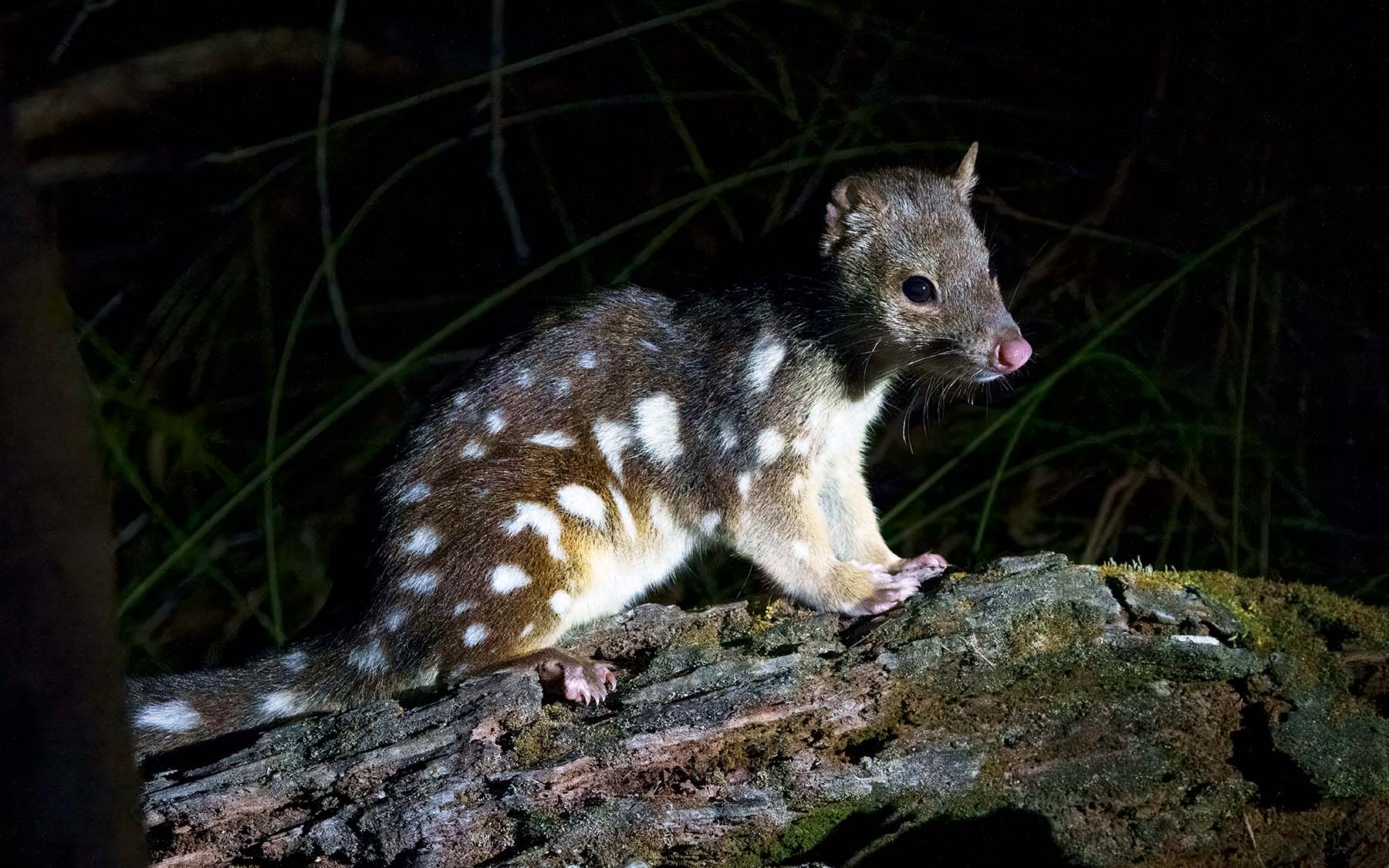
If you’ve never seen a quoll – let alone heard of one – click this story to learn about the adorable but endangered Australian marsupials. Efforts are being made to restore wild populations and conserve their habitat. Best detail: One of the tracked quolls has been named “Cuddlepie.”
Finally, on a more serious note, some excellent news. After a vigorous campaign that brought together dozens of environmental organizations (including Re:wild, the WWF and many local and Indigenous groups), the Supreme Court of Panama has said the massive Minera Panamá copper mine must close.
❤️ Enjoy this newsletter?
Send to a friend and let them know that they can subscribe, too.
Share your expertise: Do you know a project, person or story we should feature? Let us know.
Just want to say hello? Click that reply button and let us know what you think – and what else you'd like to see. We'd love to hear from you.


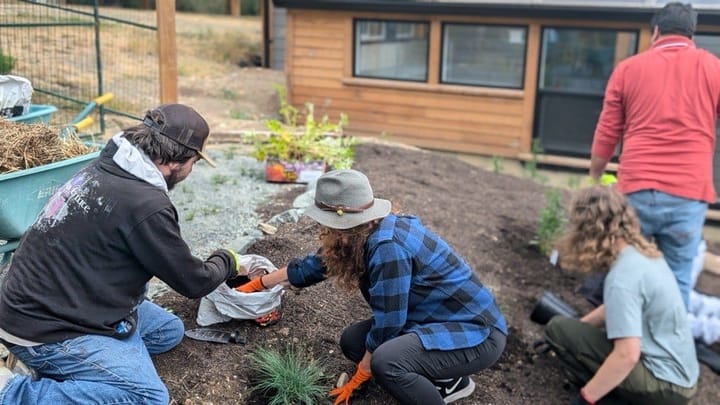
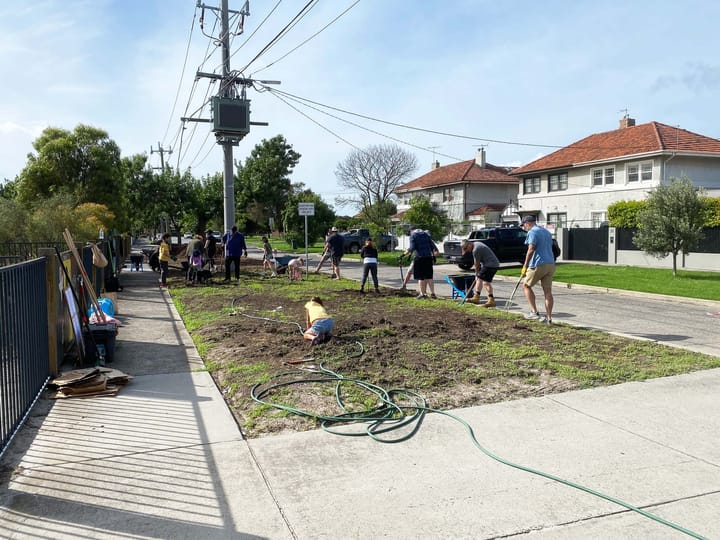
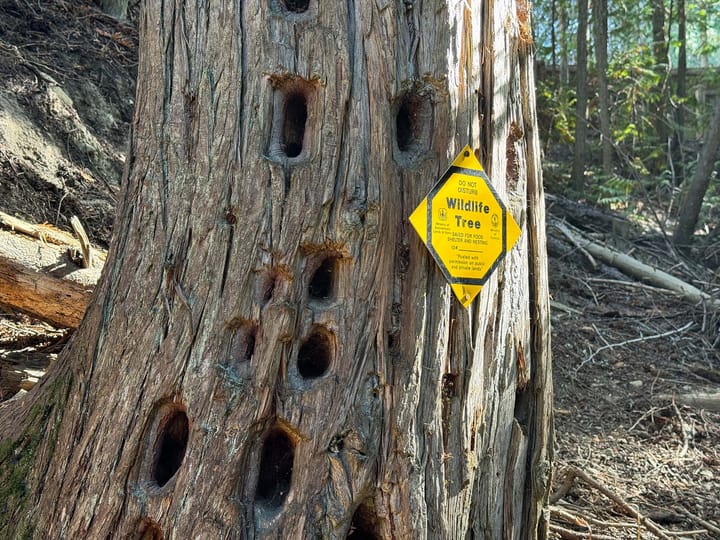
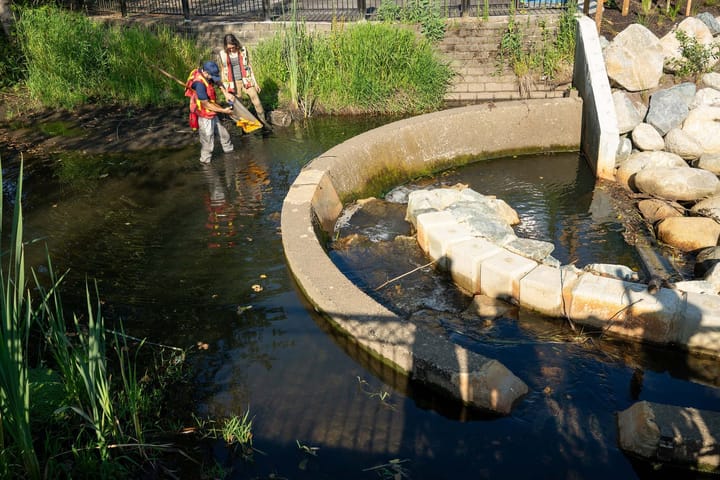
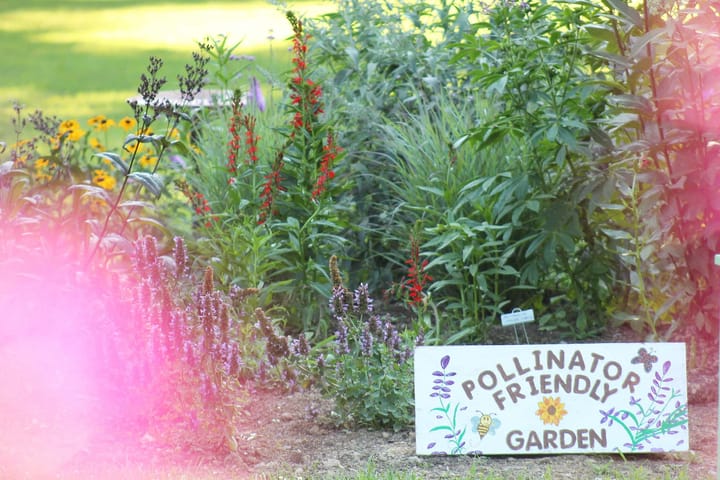
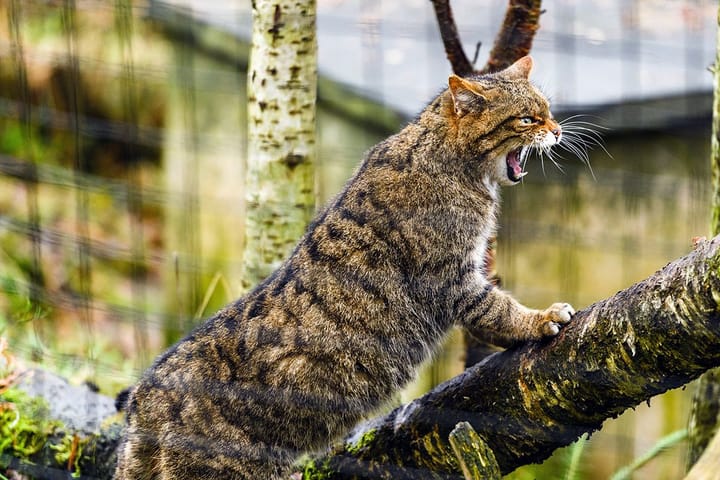
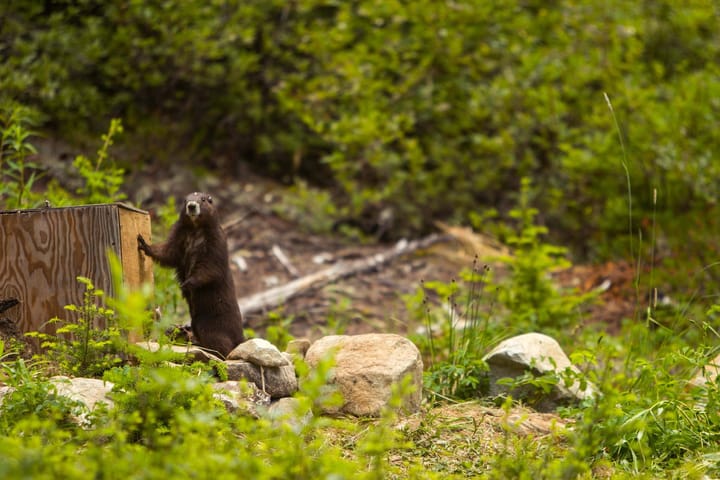
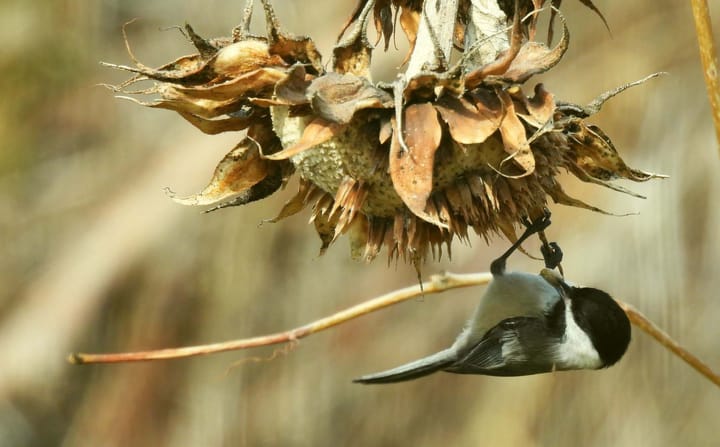


Comments ()